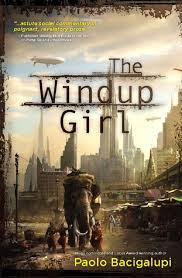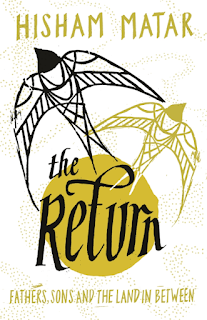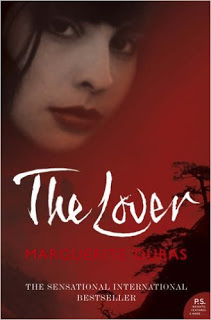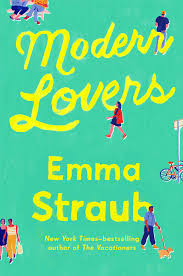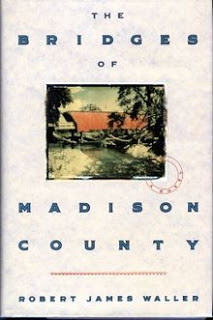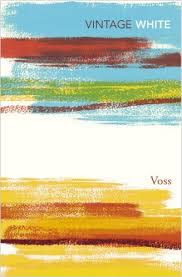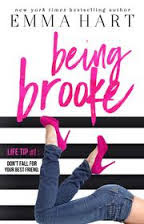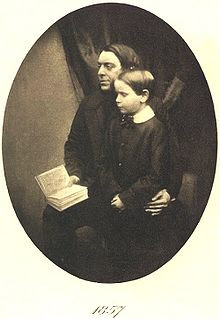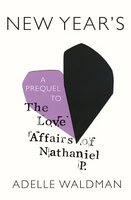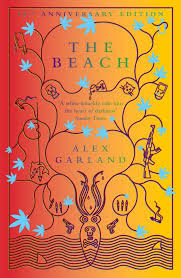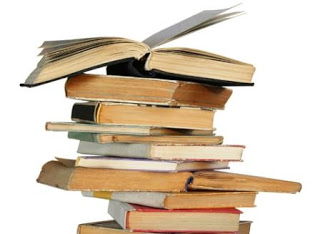
I love the yearly recap. It’s fun to look back and remember what I read. It’s like taking a quick bite out of all the meals you ate this year, one after another. I find I’m often reminded of where I was when I read a particular book – that sun lounger, or that flight – or sometimes of what I was trying to avoid while reading it. Reading the posts themselves is also very weird, in that I’ve often forgotten what I thought of the book at the time, and it’s strange to encounter what must be my own narrative voice, and to meet myself again from the outside.
What’s the best of the year? There were not any huge standouts, as has sometimes happened, but lots of books I really enjoyed. I have a huge fondness for THE MAN WHO LOVED CHILDREN by Christina Stead, which this person who wrote my blog described as ‘like drinking family life from a firehose’. I also enjoyed SOME RAIN MUST FALL by Karl Ove Knausgaard, the fifth book in his wonderfully dull saga of his life; THE GO-BETWEEN by LP Hartley, an unusual coming-of-age story, and PROBLEMS by Jade Sharma, a fun story of heroin addiction and sex work.
There were books I’m less grateful for. I gave up a lot of books this year – about ten – which is unusual for me. I think as I get older I realise how short a single life span really is, and am more careful what I spend it on. I really loathed WHAT I LOVED, by Siri Hustvedt, and THE KINDNESS by Polly Samson, both equally uptight stories of the British bourgeoisie, and THE DEATH OF THE HEART by Elizabeth Bowen, an unnecessarily fraught tale of adolescent love.
For the second year in a row, I managed to read about as many women as men, which I’m happy about, though it was not a particular goal.
My books have been a real joy to me, this year, as every year. I’m so grateful for all of them, both the good and the bad, and for all the people who wrote them for me. They’ve taken me to Libya, and the Discworld, to the First World War and 1970s New York, to Tsarist Russia and future London. I can’t imagine where I’d be without them
1) MISLAID by Nell Zink
2) WHAT I LOVED by Siri Hustvedt
3) LIFE CLASS by Pat Barker
4) THE CHRYSALIDS by John Wyndham
5) MORT by Terry Pratchett
6) HEARTBURN by Nora Ephron
7) THE KINDNESS by Polly Samson
8) YES PLEASE by Amy Poehler
9) SOME RAIN MUST FALL by Karl Ove Knausgaard
10) A LITTLE LIFE by Hanya Yanagihara
11) GO TELL IT ON THE MOUNTAIN by James Baldwin
12) NEW GRUB STREET by George Gissing
13) NOW IN NOVEMBER by Josephine Johnson
14) FATHERS AND SON by Ivan Turgenev
15) THE SORROWS OF YOUNG WERTHER by Goethe
16) MY SON, MY SON by Howard Spring
17) BRIGHTON ROCK by Graham Greene
18) JOURNEY BY MOONLIGHT by Antal Szerb
19) THE BACHELOR by Stella Gibbons
20) THE MAN WHO LOVED CHILDREN by Christina Stead
21) CRY, THE BELOVED COUNTRY by Alan Paton
22) THE GO-BETWEEN BY LP HARTLEY
23) BOSSYPANTS by Tina Fey
24) THE GIRL ON THE TRAIN by Paula Hawkins
25) THE DROWNED WORLD by JG Ballard
26) THE LUMINARIES by Eleanor Catton
27) THE POWER OF THE DOG by Thomas Savage
28) BEING BROOKE by Emma Hart
29) FATHER AND SONS: A STUDY OF TWO TEMPERAMENTS by Edmund Gosse
30) NEW YEAR’S: A PREQUEL TO THE LOVE AFFAIRS OF NATHANIEL P by Adelle Waldman
31) THE BEACH by Alex Garland
32) GOLDEN HILL by Francis Spufford
33) PROBLEMS by Jade Sharma
34) THE HAUNTING OF HILL HOUSE by Shirley Jackson
35) THE DEATH OF THE HEART by Elizabeth Bowen
36) THE RETURN by Hisham Matar
37) MODERN LOVERS by Emma Straub
38) THE LOVER by Marguerite Duras
39) THE WINDUP GIRL by Paolo Gacigalup

